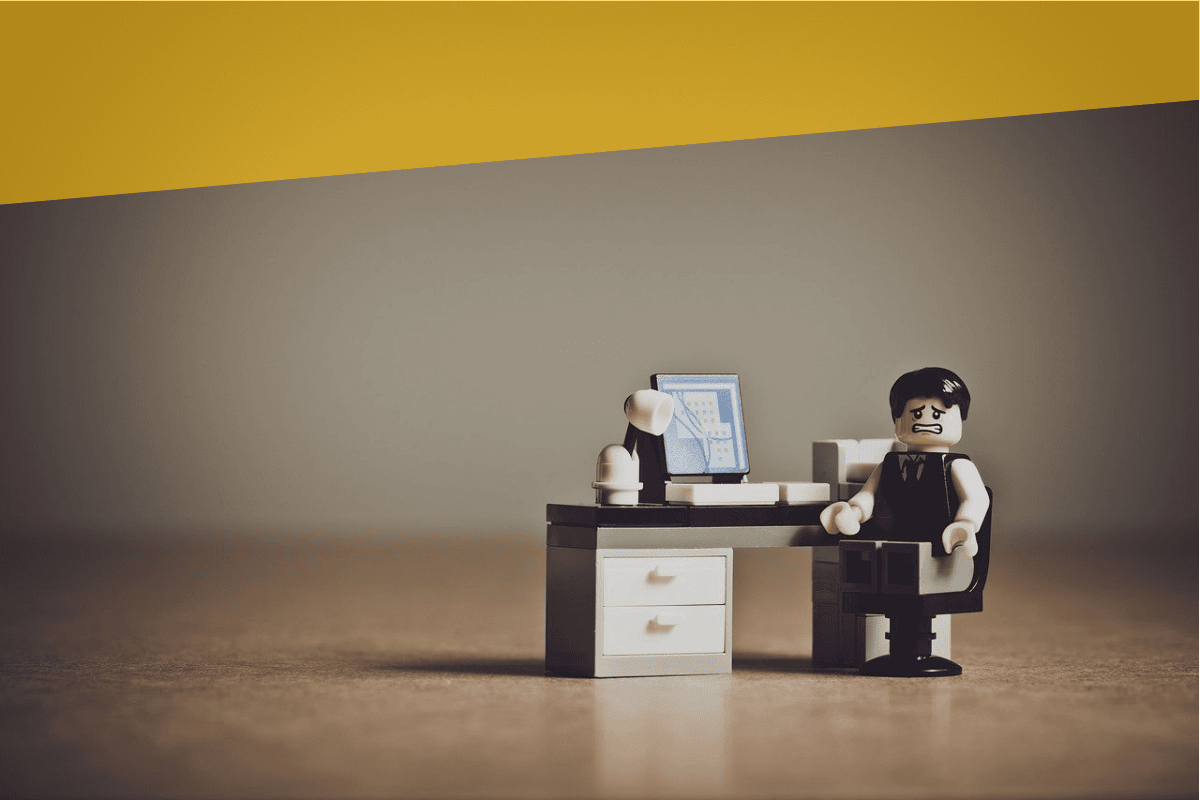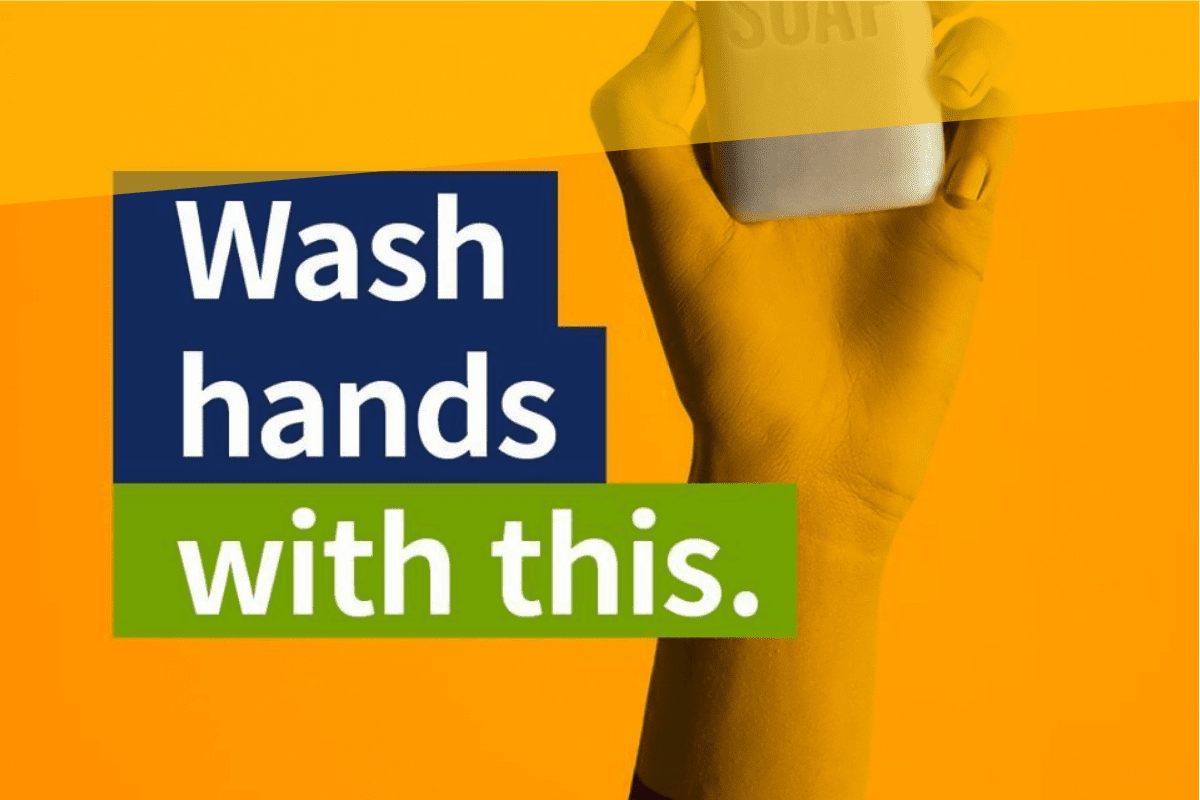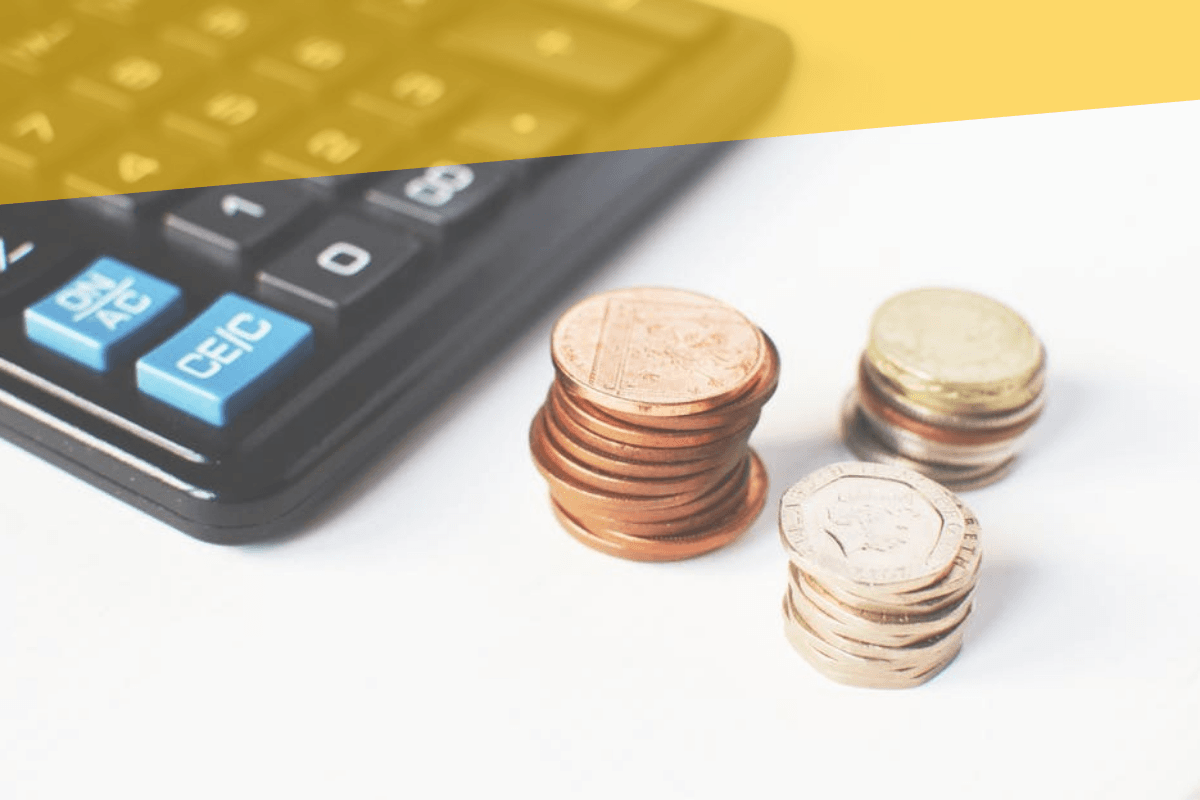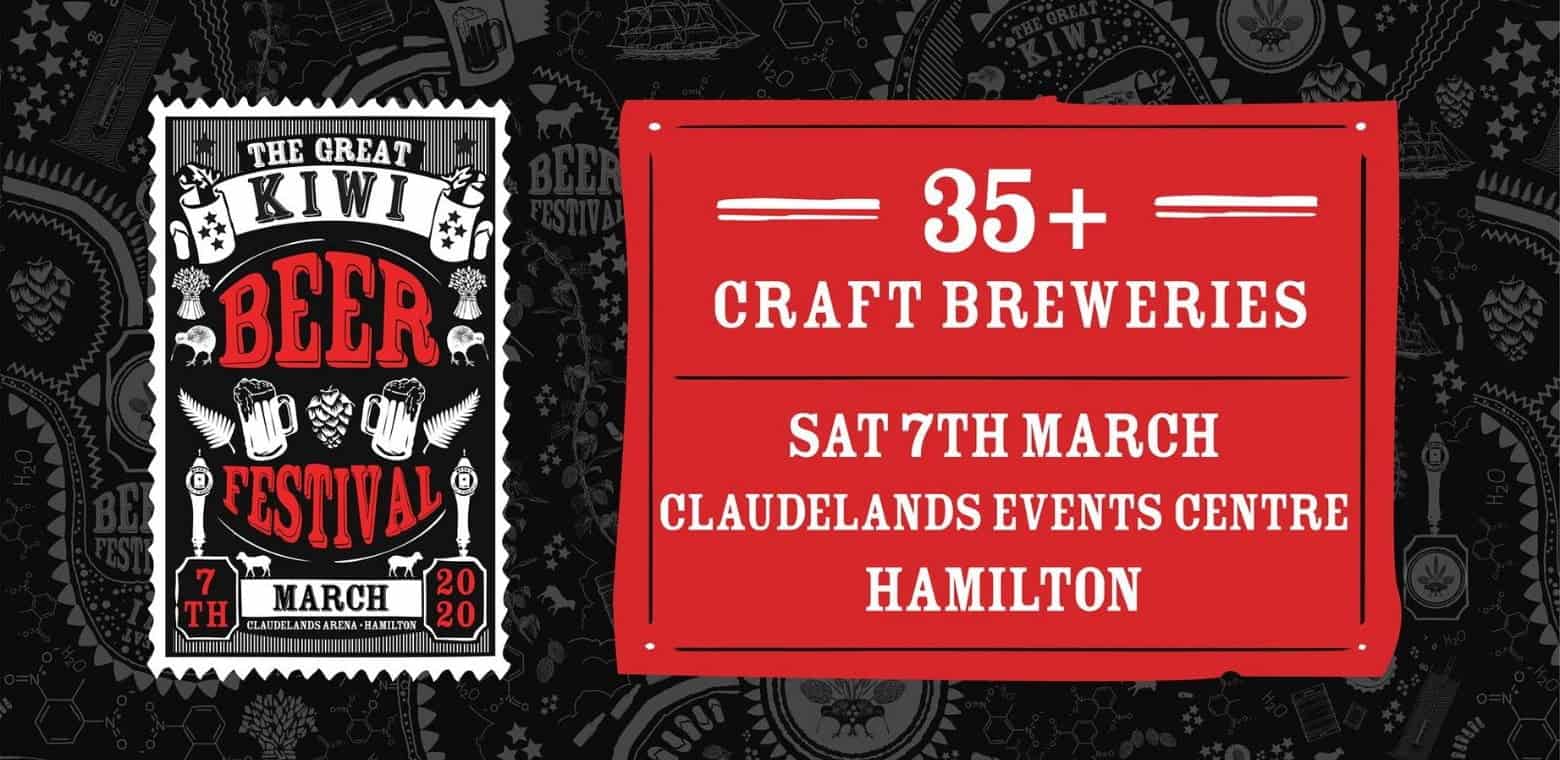Originally published on Medium
Sober Cabs has now officially launched in Hamilton. This is an introduction to the service and company.
Safe roads, safer communities.

Ask yourself an honest question and answer it sincerely. How many times have you thought of (or actually have) jumping behind the wheel after few drinks? At least once, right?
In this article I will tell you everything about how Sober Cabs will change people’s perspectives towards infamous drunk-driving culture of ours.
We will help businesses’ improve their health & safety culture and support businesses contribute to New Zealand road safety.
I will list the reasons why is there a need for yet another service? And how is Sober Cabs different from ride-sharing apps, taxis and like services?
How are we planning to compete with the tech giants of ride-sharing platforms, the autonomous taxi organisations and other like services.
Lastly, The biggest challenge we are facing and how we are working hard to overcome it and give what the customers are explicitly demanding for.
Let’s start with some numbers
More people get behind the wheels drunk than you think.
According to recent study by Heineken, (1 in 8) 12.6% of New Zealanders (1256 survey respondents) consumed a large amount of alcohol at least once a week. The survey was conducted in Auckland and Christchurch.
The shocking fact was that 59 per cent, would drive to a bar and 9 out of 10 drivers decided to drink and drive to a bar.
In Auckland 89 per cent and in Christchurch 84 per cent were driving home after consuming alcohol.
Now, according to NZTA (2018 report) drugs and alcohol contributed to 1,619 crashes in total. Among those were 133 fatal, 318 serious injuries and 1,168 minor crashes.
These are shocking stats for a small country. This also shows how the drunk-driving culture is tearing down families. Our attitude has a devastating impact, without us realising it.
Now let’s head towards Sober Cabs and how we are going to disrupt these numbers, making New Zealand roads safe and our communities safer.
Introduction
It has been heck of a couple years both for me and Sober Cabs. I am psyched the idea has now turned into a matured service – and we are ready to officially launch our service.
Sober Cabs is out to make our roads safe and we have put a lot of hard work and dedication to bring it this point where I am proud of it.
Proud that we’ve prevented hundreds of crashes, arrests, probably saved millions by keeping drunk/buzzed drivers from hitting poles, trees and public properties.
I understand achieving our goal requires a solid base, understanding of the drunk-driving culture, the Kiwi attitude — I’ll be right, enough data to analyse the reasons and solutions. Now I understand creating, testing and adapting processes assure our goal is achievable.
During the past year, we interviewed over 100 customers to gather data to understand the issues. And work towards finding a self-sustainable solution to put an end to drunk-driving, once and for all.
Younger drivers have a massive contribution in road crashes due to impaired driving. I was unable to speak to any as our participants were over 30 years. We have had only a few calls over the year where parents booked for younger drivers.
What is Sober Cabs?
Sober Cabs is a modern-day revolution that is going to change our perspective towards road safety, our families, communities and lives. Sober Cabs is the idea to alter our mind-set so we start to think and behave safe on the roads.
Sober Cabs is young and has a different perspective to everything. We don’t consider this a job but rather a responsibility. For decades nothing serious has been done about the problem. We are going to make drunk-driving, a thing of the past.
One life is too many.
We, at Sober Cabs, are genuinely concerned about the lives of our road users and the number of accidents that is caused by impaired driving. Therefore Sober Cabs is working smartly to make it a self-sustaining reliable service. The day is not too distant when drunk-driving would only be in tales.
Lastly, Sober Cabs is not just a service — it is the practical solution to reduce the number of road accidents due to impaired driving.
What does Sober Cabs do?
Sober Cabs is a dial a driver service — when a customer is unable to drive their vehicle (mainly due to intoxication) and we provide a driver to get them home along with their vehicle.
So how does it work?
When a customer contacts us, a team of two drivers is allocated. The main driver drivers the clients vehicle (along with the passengers) to their destination and chase driver picks up the main driver to return to their base — or off to next job.
The service has many different names such as sober driver, DIC driver. It is most commonly referred to as dial a driver.
The problems and how Sober Cabs will help?
It is not that nobody cares about what happens on our roads. Every single participant of our survey was concerned therefore they had sought an alternative solution to driving drunk – hired our services.
The issue lies within prevention measures. Back to my question, anyone who decides to jump behind wheel, in most cases, have a valid reason. I know, drunk-driving cannot be justified but hear me out.
We asked over 100 customers about why one would drink and drive. You know, 8 out of 10 had an explanation or a reason.
I summed up their responses and created a list of reasons/problems that contribute towards making the decision of driving after a few drinks.
All problems identified fall under four categories. They are availability of service, reliability of service, people providing the service and payments to service providers.
In short (detailed below), believe it or not in this modern age, hundreds of thousands of people are seeking a service that is available to them when they need it. A service they can rely on – leave house without a worry. A service that they can feel safe using and a service that is hassle free.
The information below is about dial a driver services and is based on the data I have collected over the past year by talking to over 100 clients. All data has been collected anonymously and no identifying details have been documented.
1. Reliability
During our survey, 6 out of 10 participants had at least one instance where the driver either didn’t show up or was very late. Reliability is a major issue here.
This problem raises after the service providers do not establish a proper system to manage bookings. Also, lack of professionalism as the mismanagement of bookings result in false promises, unmanageable number of bookings for the same time.
During early months, Sober Cabs faced similar issues as calls were managed by two staff and a lack of proper booking management system. We overcame the issue by adapting web based technologies such as ticketing and CRM systems.
We also automated our booking system that has reduced the number of calls for quotes and bookings. The booking system also assures a driver is not allocated to two jobs for the same date/time.
Our system assures every driver knows the necessary details of the job. The system sends out automated reminders to drivers assuring they attend the job on time, every time.
Instead of continuing with what has worked in the past we welcome new trends and needs with open arms. After all, our purpose is very sacred – make our roads safe and communities safer – which can only be achieved if we adapt.
2. Availability
Lack of services is one of the major issues.
New Zealand Transport Agency and other organisations are putting a lot of effort in educating people about consequences of drunk-driving. The efforts are effective to some extend but there is not much put into providing options to the public.
For many, ride-hailing apps and taxi companies are not the option most of the time. For instance, lack of time being one and financials another. Time is precious and going back home, leaving the car there, getting a ride to where one wants to be – consumes a very good chunk of the day.
Also, limited availability of the sober driver services in many parts of the country. Let’s talk about Waikato. Hamilton has four dial a driver services but Cambridge, Te Awamutu, Morrinsville has none.
The crashes we hear about everyday is not all in major cities, mostly happen out in the country. We shouldn’t just create mesmerizing ads we should take some practical steps. The ads are great but what if someone wants to enjoy the evening with friends and family and doesn’t have a lot of options?
Everyone deserves a break, a great time with family.
Sober Cabs is out to make our roads safe. We understand the roads are not limited to Hamilton. I understand (and no one does better than me) that every life matters and limiting ourselves to a major city only, doesn’t help us make our roads safe.
The purpose is also to increase awareness among people and providing them with an option. Sober Cabs will trial and partner with local restaurants, bars and social clubs to run anti drunk-driving campaigns.
If you know someone who would like to partner with us please reach out.
3. People
You look clean for a dial a driver.
Average travel time with a driver is 23 minutes. We don’t want you to feel awkward but rather have a pleasant ride at the end of the day.
5 out of 10 participants had unpleasant journeys with their past drivers. They complaint of rude behavior, driving skills, time management and hygiene. Turns out, there are facebook groups where you can find sober drivers – which is better, not legal though, than driving drunk.
After being out in the field for over a year and chat to numerous customers, the issue can be resolved. We can only put an end to drunk-driving if our customers believe in us so customer service comes first.
To help improve the customer service, all our drivers attend training sessions that include skills, management and presentation – one is titled “We are not Uber”.
‘We are not Uber’ provides information on how to provide excellent customer service and be presentable which is totally opposite to Uber (who don’t do anything, at all).
Just like any other service — professional drivers, better customer service and enthusiasm can drastically change this industry. We have and are introducing practices that will change it for ‘good’. Such as…
To improve customer experience and service — we ask customers to review the driver and service when a job is completed. This ensures customers have an input on the quality of service we provide.
Sober Cabs has a formal complaint process which can be easily accessed via our website or by calling our team. All incidents/issues will be dealt with fairly — and authorities i.e NZ Police and NZTA are involved when necessary.
Sober Cabs has also setup a professional call centre (not 10s of reps just 1 or 2 at a time) that is available during operating hours both during the week and weekends. This assures we are available to our customers when they need us.
Sober Cabs can only make the roads safe with the valuable inputs of our customers. So, the process will keep changing and adapting to assure a great service at all times.
4. Payments
Where we can pay for everything with our mobile phones and tap/swipe of a card why one should carry cash.
The 90% of participants who had previously used another dial a driver service asked our drivers to stop at a money machine or had cash ready to pay us. The delays due to stops at ATMs were a nuisance both for us & customers.
Secondly, the quality of service is heavily impacted by cash transactions. Neither the provider nor the customers consider themselves obligated unless a payment is made.
This had resulted in a massive distrust between the providers and customers. Drivers do not show up because they are not obligated and customers call two or more providers and leaves with the one whoever arrives early – creating a very resource-exhausting unhealthy competition.
Cash is not a sustainable
Sober Cabs is here because of its driver partners and customers and cash transactions don’t attract reliable driver partners. Sounds unreal but driver partners prefer a confirmed paid job than unpaid cash job.
I called it an unnecessary rat race which Sober Cabs decided to quit and jumped on board with going cashless.
Cash transactions were a major headache for us, as a provider, too
Sober Cabs, quiet in early stages, realised cash transactions are costing more than we knew. As most people don’t carry cash it meant we had to stop at an ATM which could easily add 20 minutes to the job. ATM machines are not always conveniently located on the way.
How did we solve this problem?
We simply hopped on the cashless train
This led to a bunch of options for customers which included a booking system with multiple payment options such credit cards, Apple and Google pay.
Our booking process now requires payment information however, just in case, each team has a mobile eftpos that accepts credit cards.
Is it going to cost an arm and a leg?
The short answer is — our service is cheaper than ride-hailing apps and taxis. Unbelievable right? But it is true. Let’s look at few scenarios.
Imagine you need to meet someone i.e a client, for dinner/drinks after work. You go home leave your car. Get your phone out — book a ride on a ride-sharing app or call a taxi. Wait for them show up — hop in and leave for the meet up location. Then you meet up with client and repeat the same process to get a ride back home.
Now, imagine the second scenario. You finish work, drive straight to the meet up location. Ring us while driving or book online while waiting for your food.
Imagine you need to attend a wedding. You do the same, book a ride or ring a taxi — wait for them show up. People, for some reason, tend to hold the wedding outside towns. You get there enjoy good food and drinks. Then, if you are lucky, get a taxi or ride-hailing app ride back home.
Now, imagine this. You drive to the wedding in your car.
So back to my claim that Sober Cabs is cheaper than ride-hailing apps and taxis. I am going to compare Sober Cabs with Uber and Hamilton Taxis in scenario below.
Let’s say you are attending a wedding at Vilagrad and you live in Rototuna, Hamilton. Uber will cost $123.16 (not considering the price surge so it may increase at the time of booking up to 2x) and Hamilton Taxis will cost you $191.40 (not adding the surcharge for calls outside city boundaries) — that is both directions.
For the same job Sober Cabs will only charge $97.18.
Phew, that was unexpected.
How are we going to compete with others?
I will be honest there is no way, and absolutely no plans, for Sober Cabs to compete with ride-hailing platforms and the autonomous taxi companies.
You may ask why?
Ride-hailing apps, for instance, have a strong customer base covering most of New Zealand and the Kiwis’ favorite taxi companies have been ruling New Zealand roads for decades without much disruption.
There are literally millions of people who rely on ride-hailing apps and taxis throughout New Zealand.
Freedom — the reason we don’t want to compete.
Let me ask you one simple question
Do you drive your car to a wedding, a work function or even to a dinner with your partner or family? No, as there will, most probably, be alcoholic drinks served.
Instead you rely on ride-hailing apps or a taxi and pay them an exorbitant amount.
There will still be competition but not to further limit our freedom. Imagine the freedom — you could drive anywhere within New Zealand, enjoy few drinks and know there will be someone to take you and your car back home.
What is the biggest challenge Sober Cabs is facing?
These days everyone wants everything and they wan it now.
Gone are the days when you had to plan your evening from arrival until you got back. These days everyone wants everything and they want it now. This has been a major challenge for Sober Cabs.
Over 70% of clients who contacted us consider this an on-demand service. Therefore they head out without planning the return back home expecting the service to be available.
As a result wait time of 30–40 minutes is unacceptable and look for other service providers — or — means to get home.
Now, the questions is
What is wrong with considering this as an on-demand service? If Sober Cabs is not available another provider will do it for them, right?
The answer is both ‘nothing’ and ‘there is a lot wrong with it’.
When I say nothing, it is true if Sober Cabs is unavailable then another provider will do it for them. However, this is not a sustainable approach for us.
Let’s understand why?
Professional drivers are very expensive to have on call especially on the weekends and graveyard shifts. The drivers who work as driver partners for a service like Sober Cabs, usually make a living by driving a taxi and/or ride-hailing apps.
This model doesn’t not help us. Our dream is to put an end to drunk-driving by making this service available to anyone at any time. With this model we will either stay limited to few jobs a week or we will run out of money – very soon – as we are bootstrapping.
This is where this “on-demand” business model, even the providers think it is an on demand service, becomes impossible to operate.
To this date, this remains the biggest challenge Sober Cabs has faced. We can overcome this challenge only by making this service an actual on-demand service and we are on it.
Our process does make sure the customer demand is met however requires manual work and a lot of NOs to customers. Once enough data is collected Sober Cabs will deploy technology to make it an actual on-demand service.
…
Our roads need to be safe, for us, for our children and for generations to come. If we don’t do anything about it no one else will. Do your part – don’t drink and drive.





